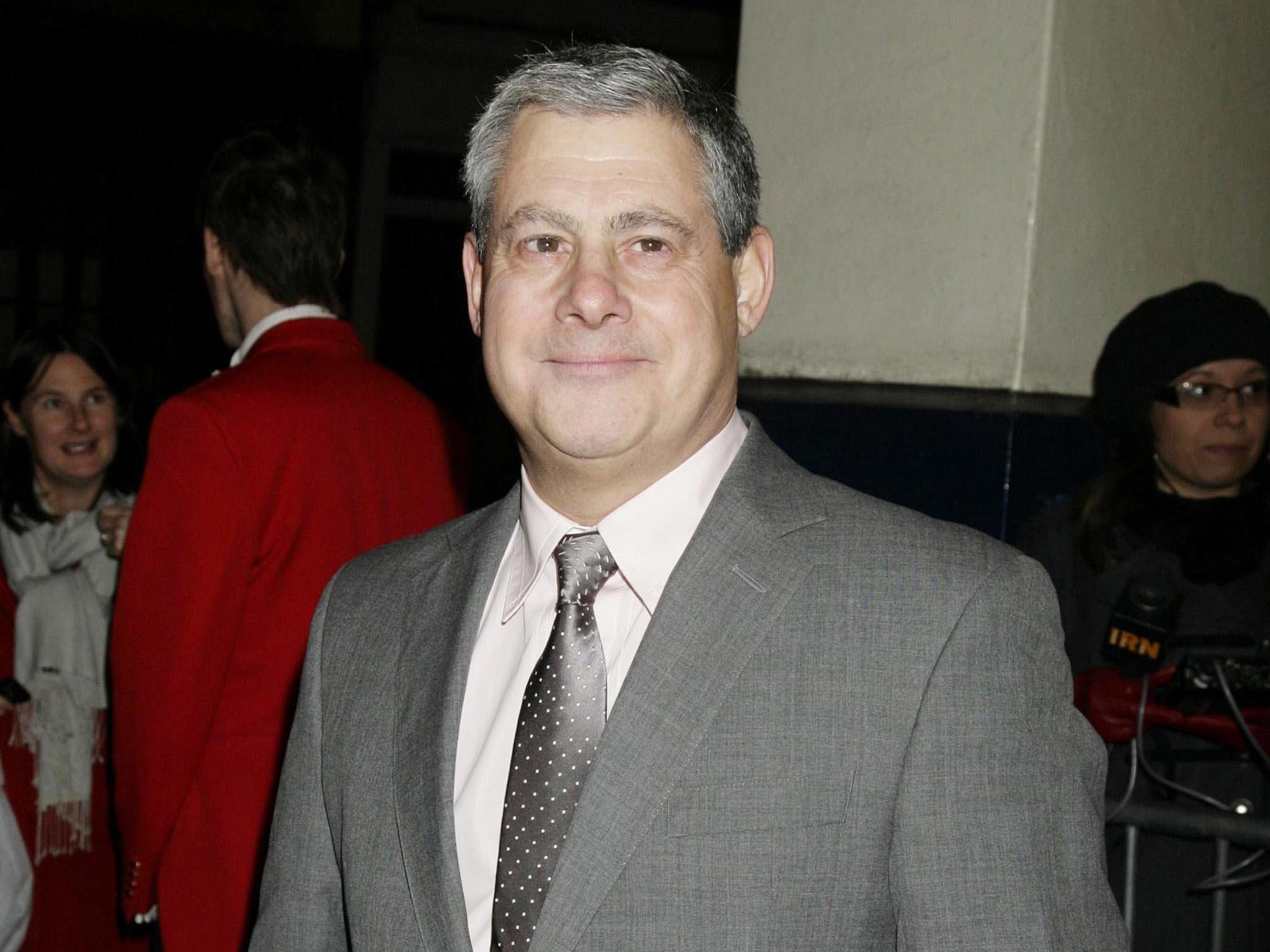Sir Cameron Mackintosh to add two more London theatres to his empire

Sir Cameron Mackintosh is to add two more of London’s major theatres to his empire and is planning major redevelopment works for both.
Delfont Mackintosh is to acquire The Victoria Palace Theatre - where Billy Elliot is currently running - this June, followed by the Ambassadors Theatre in the West End next year.
This will bring the company’s portfolio up to nine theatres in London, which include the Prince of Wales, the Gielgud and Wyndham’s theatres. The two additions will be acquired from Sir Stephen Waley-Cohen.
Sir Cameron said the auditorium had a “remarkable fusion of intimacy and scale, a gloriously rich décor and perfect sight lines from every seat”. Yet he added the shallow stage limited the shows that could be staged.
He revealed the 1,500-seat Victoria Theatre will be closed for a year from autumn 2016 for renovations. The stage will be extended by six metres and the auditorium and exterior restored.
The overhaul plans “means that the full potential of the theatre can be realised with one of the best stages in the West End”.
The Ambassadors, which will be renamed The Sondheim Theatre, will also be redeveloped if the company can secure planning consents.
Sir Cameron said it had been a “long-standing dream for the West End to have a transfer house primarily for seasons of exciting productions from theatres in the subsidised sector” seeking stages that mirror their own.
Stephen Sondheim said: “I am flattered and thrilled that Cameron Mackintosh has chosen to rename The Ambassadors Theatre after me. What I’ve always loved about London theatre is its diversity, much of which is the result of work developed in so-called “fringe theatre” and in non-traditional spaces. “
Join our commenting forum
Join thought-provoking conversations, follow other Independent readers and see their replies
Comments
Bookmark popover
Removed from bookmarks